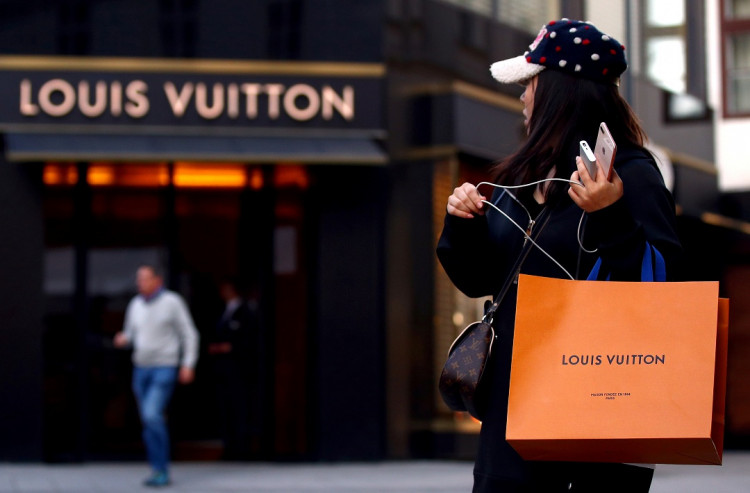Despite the impact of rising inflation and the war in Ukraine, Louis Vuitton's parent company LVMH still managed to beat expectations for its latest quarterly revenue. However, the company warned that the ongoing lockdowns in China might impact the demand for its luxury products in the coming quarters.
For its first quarter this year, the company reported sales of around $19.5 billion, which represents a 23% increase when compared to the same period last year. The figure was significantly higher than the 17% increase expected by Wall Street.
LVMH's sales were mainly led by its core fashion and leather goods unit, which surged by more than 30% during the quarter. The growth of the business unit, which includes brands such as Dior and Louis Vuitton, beat analysts' average forecast of around 23%.
Revenue in its U.S. and European market grew by around 26% and 45%, respectively. Meanwhile, sales numbers in Asia, excluding Japan, only grew by about 8%. Asia represented around 37% of the company's total revenues, while the U.S. represented about a quarter.
LVMH was the first European luxury-goods brand to release its first-quarter earnings, making its results a good indicator of how its peers may have fared during the period.
Due to supply restrictions, the company's wine and spirits unit was the only division that did not grow by double digits during the quarter, particularly its Hennessy cognac, which saw volume drop by 18%.
Chris Hollis, who heads the company's investor relations, claimed that pricing hikes helped to offset the decline in traffic. Because the first quarter is notoriously unpredictable and a less crucial period following the holiday shopping season, Hollis cautioned against extrapolating the unit's lackluster results.
To combat inflation, LVMH has largely relied on the price hikes of its popular brands. According to Stifel estimates, Louis Vuitton boosted prices by roughly 6% in the first quarter.
The war in Ukraine has had some material impact on the company's operations. LVMH had closed down its stores in Russia last month. Russia is estimated to account for about 1.5% of the company's overall sales.
LVMH's Chief Financial Officer Jean-Jacques Guiony told analysts on Tuesday that if the situation in China returns to normal, he is optimistic about the medium to long-term demand for the company's products. He added that Chinese authorities have demonstrated their capacity to handle pandemics in the past, particularly in 2020 swiftly, and that the present situation is not worse than it was then. Guiony said that he believes the lockdowns in the country will end "relatively soon."





